
NO&T Asia Legal Review
The case of Paolo Landayan Aragones v. Alltech Biotechnology Corporation, et al. (G.R. No. 251736), decided by the Philippine Supreme Court on April 2, 2025, represents a significant development in Philippine labor law. The Court held that the acceptance of a job offer is sufficient to establish an employer-employee relationship. This decision sets an important precedent expected to influence human resource practices, particularly regarding the drafting of offer letters and handling of job offer withdrawals.
In April 2016, Alltech Biotechnology Corporation (“Alltech”) offered Paolo Landayan Aragones (“Aragones”) the position of Swine Technical Manager–Pacific. Aragones accepted the offer by signing the offer letter, which specified a commencement date of July 1, 2016, and required him to execute formal employment contract on his first day. Relying on this commitment, Aragones resigned from his prior employment.
However, in May 2016, Alltech allegedly undertook a global restructuring program that led to the elimination of several roles, including the one offered to Aragones. In June 2016, Alltech informed Aragones via letter that the position had been made redundant and extended a goodwill payment equivalent to one month’s salary. Aragones did not respond to the offer and instead filed a labor complaint, alleging, among other things, non-payment of wages.
The Labor Arbiter ruled in Aragones’s favor, finding that he had been illegally dismissed. This decision was reversed on appeal by the National Labor Relations Commission (“NLRC”), and the Court of Appeals later affirmed the NLRC’s ruling. Undeterred, Aragones brought the case to the Supreme Court through a Petition for Review on Certiorari, contesting the conclusions of the lower tribunals.
The Supreme Court ruled in favor of Aragones, holding that he was an employee of Alltech and that his dismissal was illegal. The decision underscored important principles related to the formation of employment contracts, the interpretation of commencement dates, and the criteria for valid redundancy. The key takeaways are as follows:
The Court reaffirmed that, like any other contract, an employment agreement is perfected when there is a clear offer, acceptance, and communication of that acceptance to the offeror. In this case, Aragones accepted Alltech’s job offer by signing the offer letter, which was subsequently sent to and received by Alltech via email. The Court found that Alltech could not validly claim that it had revoked the job offer, as the general rule under the Civil Code, is that an offer once accepted, cannot be unilaterally withdrawn.
The Court recognized that the perfection of an employment contract and the actual commencement of work do not always occur simultaneously—particularly when employment is subject to a suspensive condition. It noted that in Santiago v. CF Sharp Crew Management, Inc. (the “Santiago case”), a seafarer’s employment contract that stipulated that employment would begin only upon actual deployment from Philippines contained suspensive condition, meaning the employment relationship would arise only upon the occurrence of a future, uncertain event.
However, the Court found the Santiago case inapplicable to the dispute between Aragones and Alltech. It drew a clear distinction between a suspensive condition and a suspensive period. A suspensive condition refers to a future event that may or may not happen, and upon which the effectivity of an obligation depends. In contrast, a suspensive period refers to a definite future date that is certain to arrive, merely delaying the performance of already existing obligations.
In Aragones’s case, the stipulation in the offer letter that his employment would begin on July 1, 2016, was deemed by the Court to be a suspensive period, not a condition. The period was for the benefit of both parties: to allow Aragones to wrap up his previous employment, and to give Alltech time to prepare for his onboarding. This meant that the commencement date simply delayed the exercise of the parties’ respective obligations as employer and employee until July 1, 2016; it did not make the existence of the employment relationship contingent on an uncertain future event.
The Court further clarified that the requirement to sign a formal employment contract on the first day of work did not negate the existence of an employment relationship. Under the law, no specific form is required to prove that such a relationship exists. Moreover, even assuming arguendo that the commencement date constituted a suspensive condition, the Court held that it was constructively fulfilled when Alltech unilaterally withdrew the job offer. Under the Civil Code, if a party voluntarily prevents the fulfillment of a condition, that condition is deemed fulfilled.
The Court emphasized that employers must not act arbitrarily when terminating employees on the ground of redundancy. A mere declaration that a position is redundant is not sufficient; the claim must be supported by substantial evidence, such as updated staffing patterns, feasibility studies, business proposals, and documentation reflecting management’s approval of the restructuring plan.
In this case, Alltech’s justification for redundancy rested solely on the uncorroborated affidavit of its Vice President for Asia Pacific, which offered a broad and vague description of the company’s global restructuring efforts. However, it failed to explain the basis for selecting and abolishing specific roles. As a result, the Court held that redundancy was not sufficiently established as a valid ground for termination.
Given the finding of illegal dismissal, Aragones was awarded back wages and separation pay, calculated from July 1, 2016 (the date he became entitled to demand work) until the finality of the Court’s decision. Although the Court did not award moral and exemplary damages—reasoning that Alltech had acted in good faith, genuinely believing it had not terminated Aragones but merely rescinded a job offer—it granted attorney’s fees equivalent to 10% of the total monetary award, pursuant to the Civil Code.
The Court’s decision in Aragones v. Alltech clarifies when a job offer constitutes a binding contractual commitment, emphasizing the significant legal implications of accepted offer letters. The ruling highlights the importance of drafting offer letters with clarity and precision and draws attention to the legal risks associated with improperly withdrawing offers—particularly in redundancy situations. As a result, employers are advised to review and update their recruitment and redundancy policies to ensure compliance with applicable legal standards.
This newsletter is given as general information for reference purposes only and therefore does not constitute our firm’s legal advice. Any opinion stated in this newsletter is a personal view of the author(s) and not our firm’s official view. For any specific matter or legal issue, please do not rely on this newsletter but make sure to consult a legal adviser. We would be delighted to answer your questions, if any.


Shejal Verma
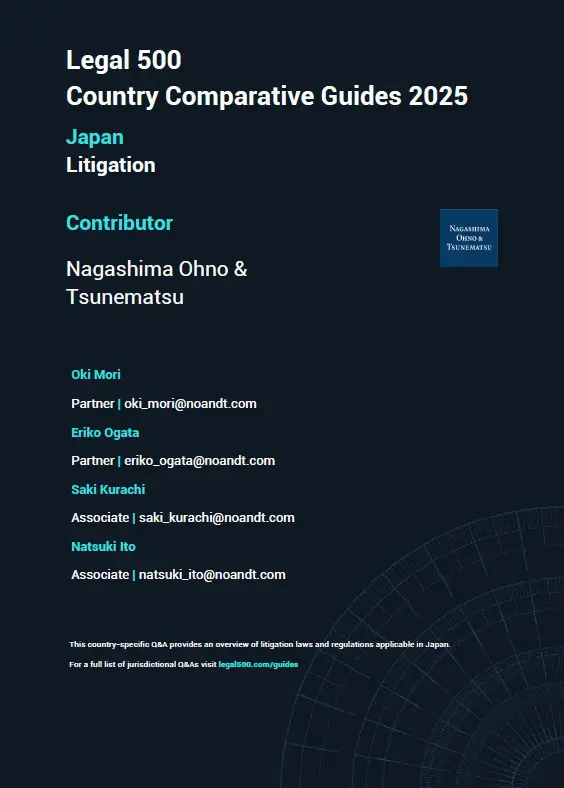

(July 2025)
Oki Mori, Eriko Ogata, Saki Kurachi, Natsuki Ito (Co-author)


Patricia O. Ko
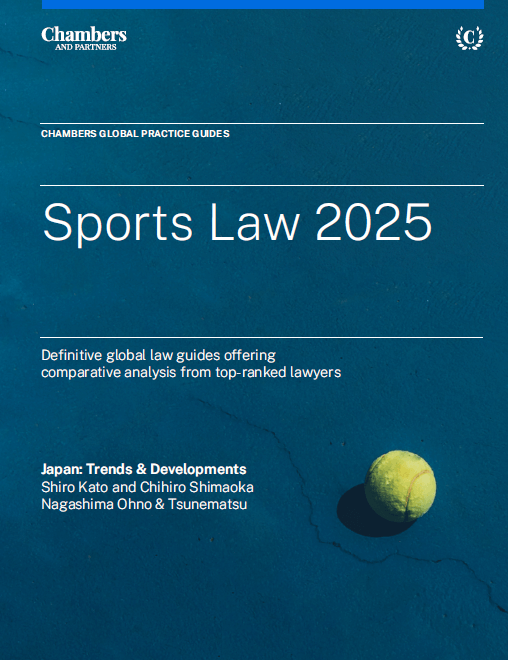

(April 2025)
Shiro Kato, Chihiro Shimaoka (Co-author)


(July 2025)
Oki Mori, Eriko Ogata, Saki Kurachi, Natsuki Ito (Co-author)


Patricia O. Ko


Claire Chong, Kennosuke Muro (Co-author)
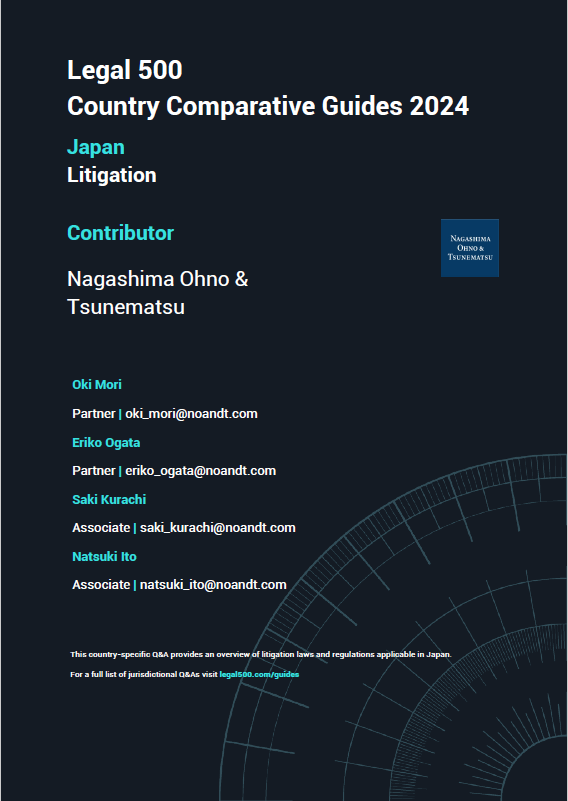

(July 2024)
Oki Mori, Eriko Ogata, Saki Kurachi, Natsuki Ito (Co-author)


Shejal Verma


Patricia O. Ko


(April 2025)
Shiro Kato, Chihiro Shimaoka (Co-author)
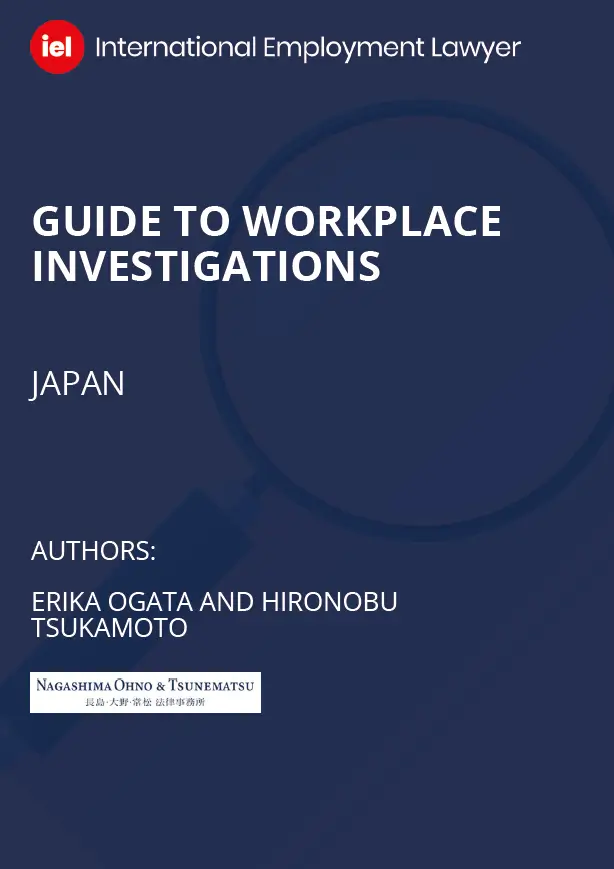

(January 2025)
Hironobu Tsukamoto, Eriko Ogata (Co-author)
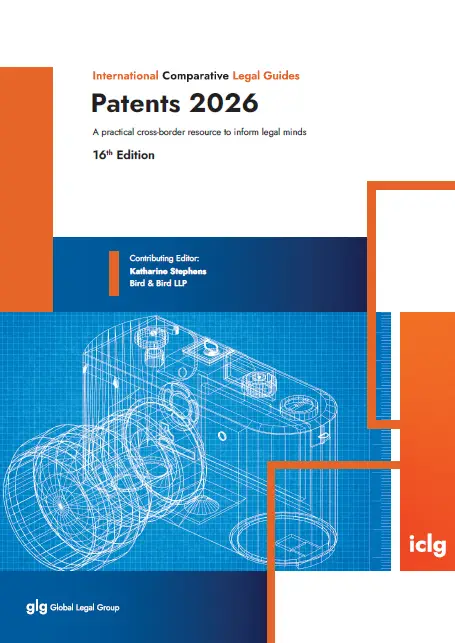

(October 2025)
Kenji Tosaki
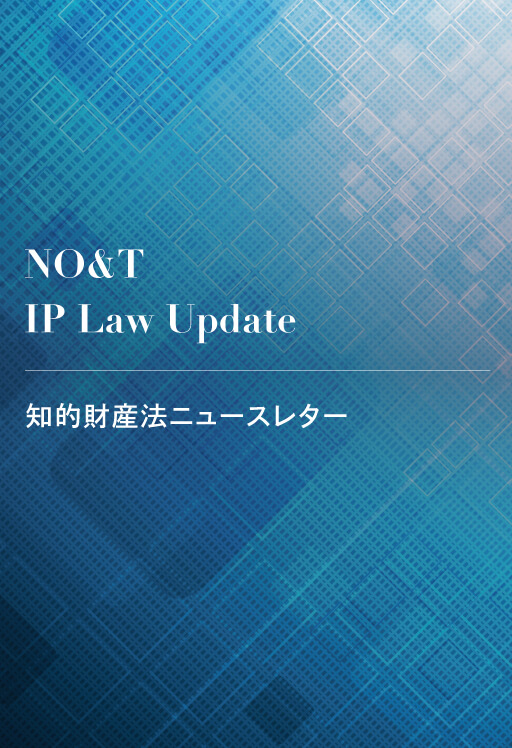

Kenji Tosaki, Takahiro Hatori, Nozomi Kato (Co-author)


Claire Chong, Nozomi Kato (Co-author)
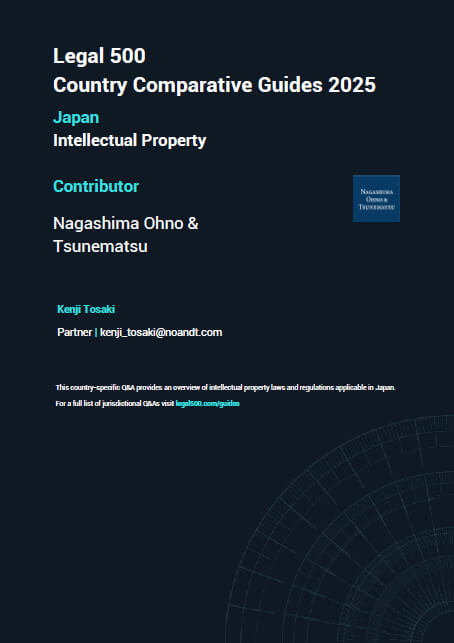

(September 2025)
Kenji Tosaki


Supasit Boonsanong, Thananya Pholchaniko, Phareeya Yongpanich (Co-author)


Patricia O. Ko


Claire Chong, Nozomi Kato (Co-author)


Yuan Yao Lee


Supasit Boonsanong, Thananya Pholchaniko, Phareeya Yongpanich (Co-author)


Patricia O. Ko


Claire Chong, Nozomi Kato (Co-author)


Yuan Yao Lee


Patricia O. Ko


Patricia O. Ko


Patricia O. Ko


Patricia O. Ko